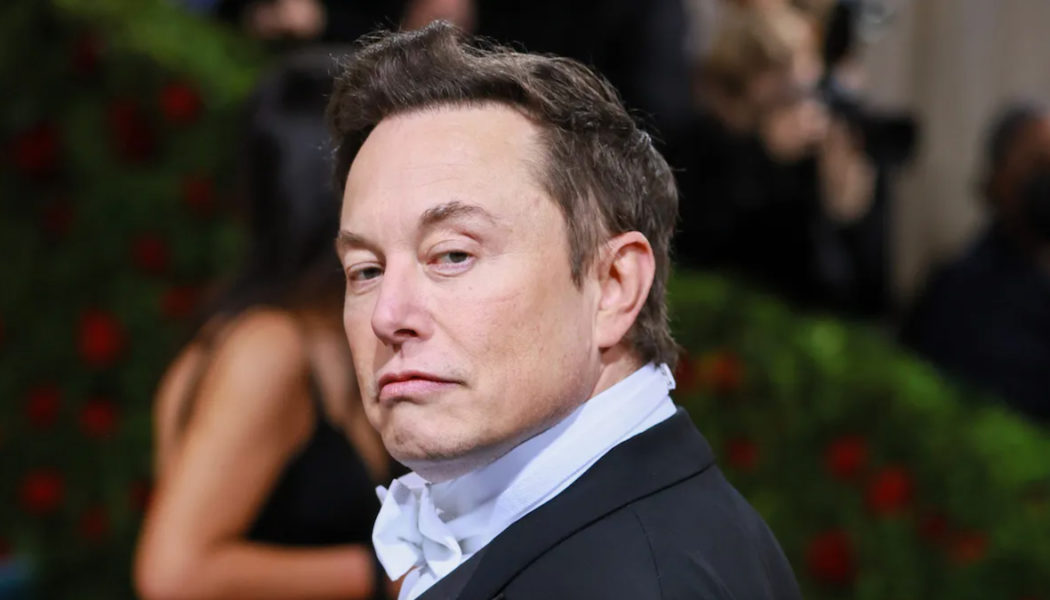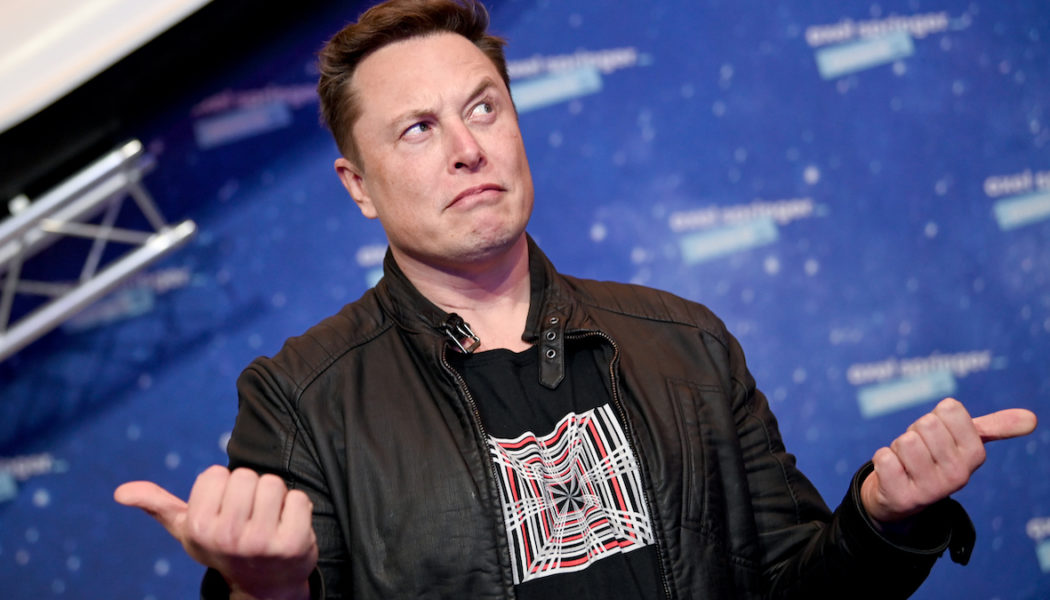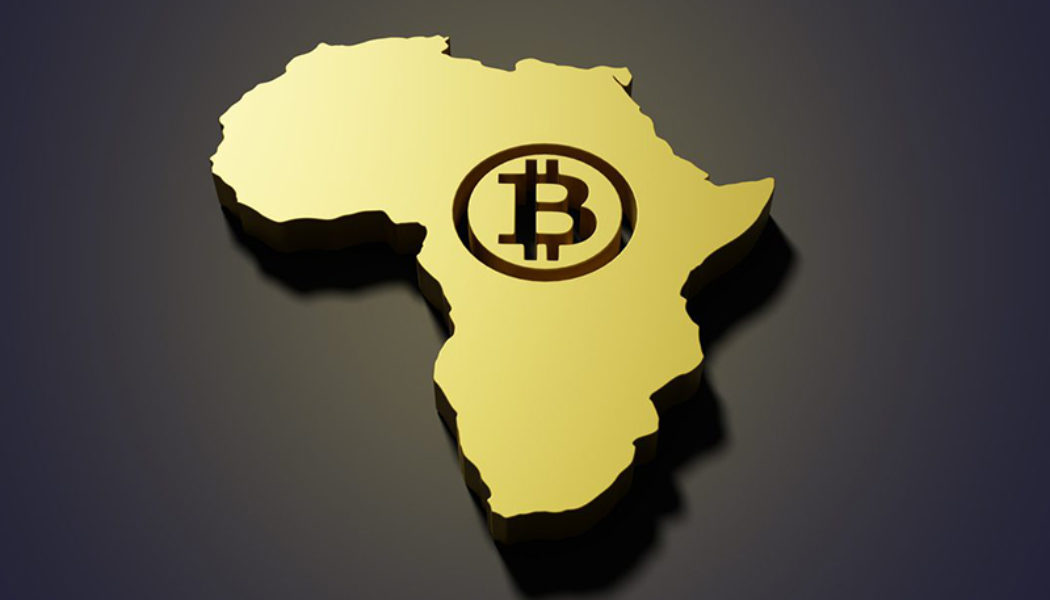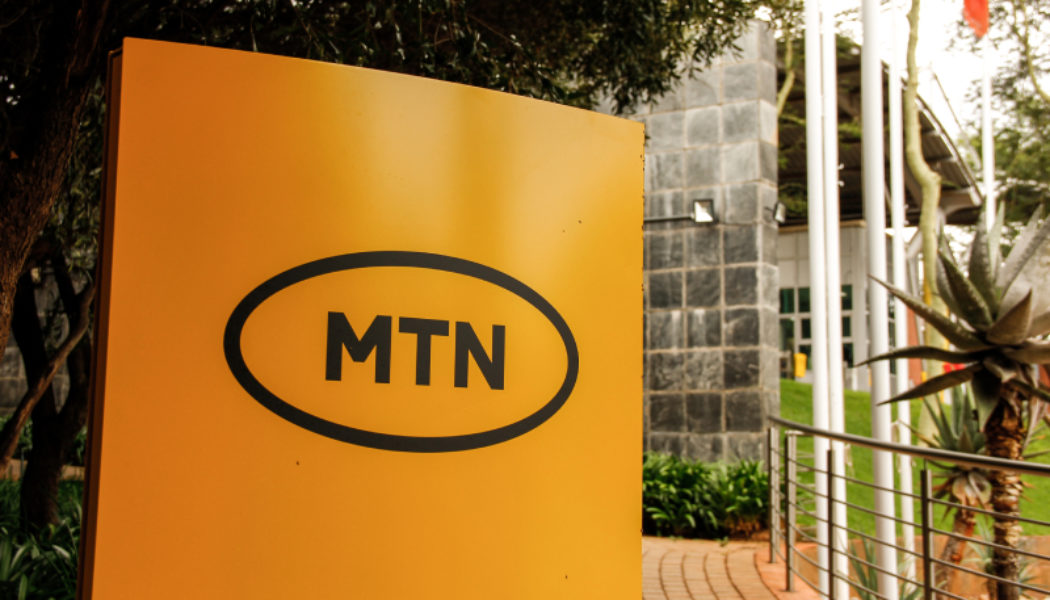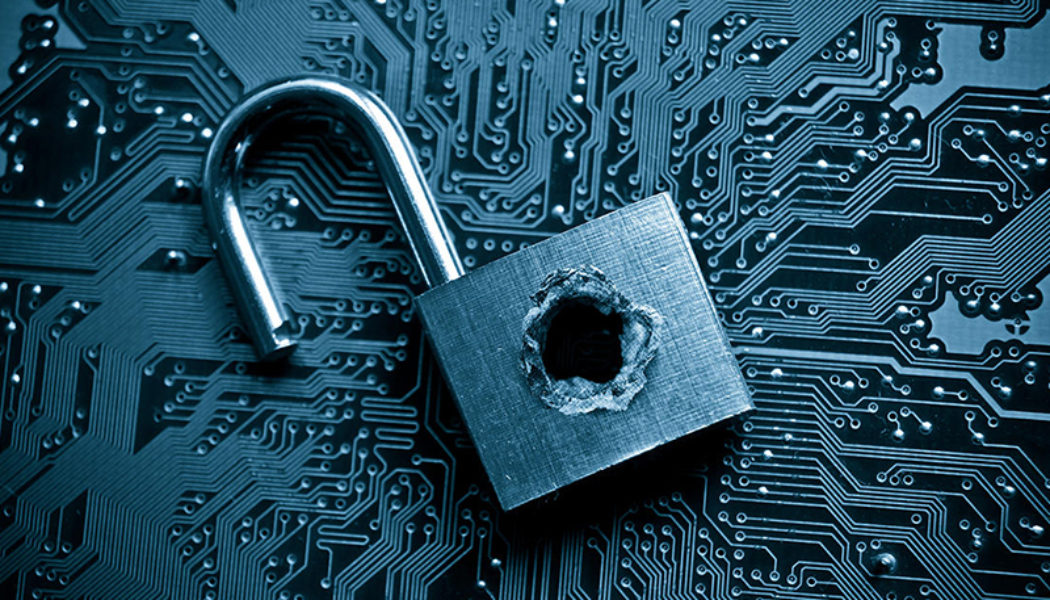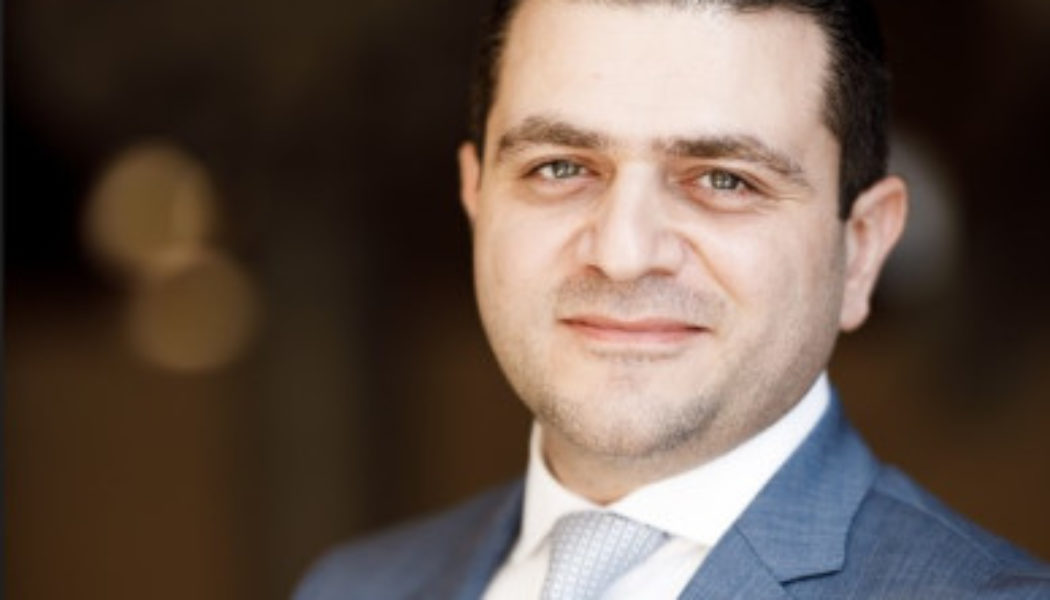tech news
Elon Musk Officially Closes Twitter Deal, Fires Top Executives
After much deliberation and legal back-and-forth, Elon Musk has officially finalized his purchase of Twitter. He closed the $44 billion deal late on Thursday, October 27th. Per The Washington Post, one of Musk’s first moves was firing top Twitter executives including CEO Parag Agrawal, chief financial officer Ned Segal, and Vijaya Gadde, head of legal policy, trust, and safety. The company’s general counsel, Sean Edgett, was also let go. “The reason I acquired Twitter is because it is important to the future of civilization to have a common digital town square, where a wide range of beliefs can be debated in a healthy manner, without resorting to violence,” Musk wrote on Twitter prior to formalizing the deal. “I didn’t do it to make money. I did it to help humanity, whom I love.” Advertise...
Apple’s New Car Crash Detection Feature Is Mistaking Rollercoaster Rides for Emergencies
Apple’s technology continues to get more advanced with every new iPhone, but one new feature may not have worked out all its kinks. The brand new iPhone 14 and Apple Watch come with a car crash detection feature that alerts first responders and one’s emergency contacts if they get in an accident, but as The Wall Street Journal reports, some phones have sounded the alarm after detecting the speeds and drops of a harmless rollercoaster. Apple uses sensor data to determine if a crash occurred, but the experiences of folks who have (inadvertently) used the new feature suggest that any sudden drop could trigger the emergency call. One woman with a brand new iPhone 14 Pro attended Kings Island amusement park near Cincinnati this September, and after riding the Mystic Timbers rollercoaster —...
Elon Musk Agrees to Buy Twitter (Again) at Original Price of $44 Billion: Report
Elon Musk has agreed to buy Twitter at his original proposed price of $54.20 per share, or about $44 billion total, Bloomberg reports and the New York Times confirms. Few details are known at this time. Musk is said to have expressed his renewed interest in a letter to the social media giant on the evening of October 3rd and met in court with Twitter representatives the morning of October 4th. Musk began trying to back out of the purchase agreement almost as soon as Twitter accepted it his original offer in April. He accused the platform of misleading or lying to investors about its number of daily active users, saying in May that the deal “cannot move forward” until Twitter proved that less than 5% of users are bots or spam accounts. Advertisement Related Video The Tes...
Underpinning SA’s BPO Explosion
We use cookies on our website to give you the most relevant experience by remembering your preferences and repeat visits. By clicking “Accept All”, you consent to the use of ALL the cookies. However, you may visit “Cookie Settings” to provide a controlled consent.
How a Data Breach Could Sink an SME
Sourced from CSO. When it comes to reporting on cybercrime, we tend to only come across stories impacting major companies or industries. Apart from the obvious reputational damage, we don’t really grasp the consequences of something like a data breach on a company and its customers. There are no headline articles about the troubles that emerge in the wake of a data breach, some of which literally grind small and medium enterprises (SMEs) into the ground. The media focuses on corporate giants as the only victims of cybercrime and lulls us into a false reality where data breaches seem to happen mostly to corporate behemoths but not the small or medium size business owners. Cybercriminals, who are often well-organised and well-resourced, launch constant attacks on data targets, probing for th...
